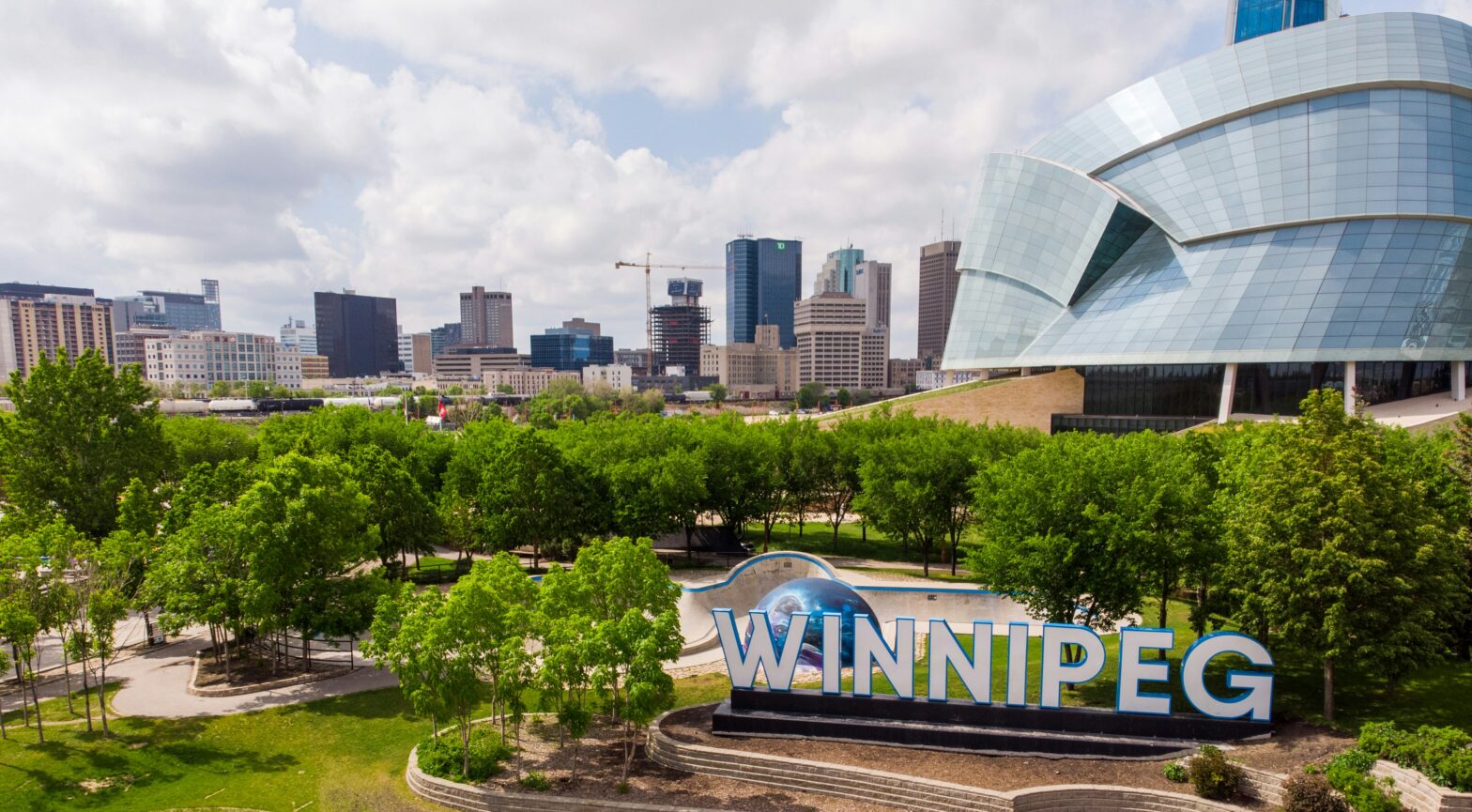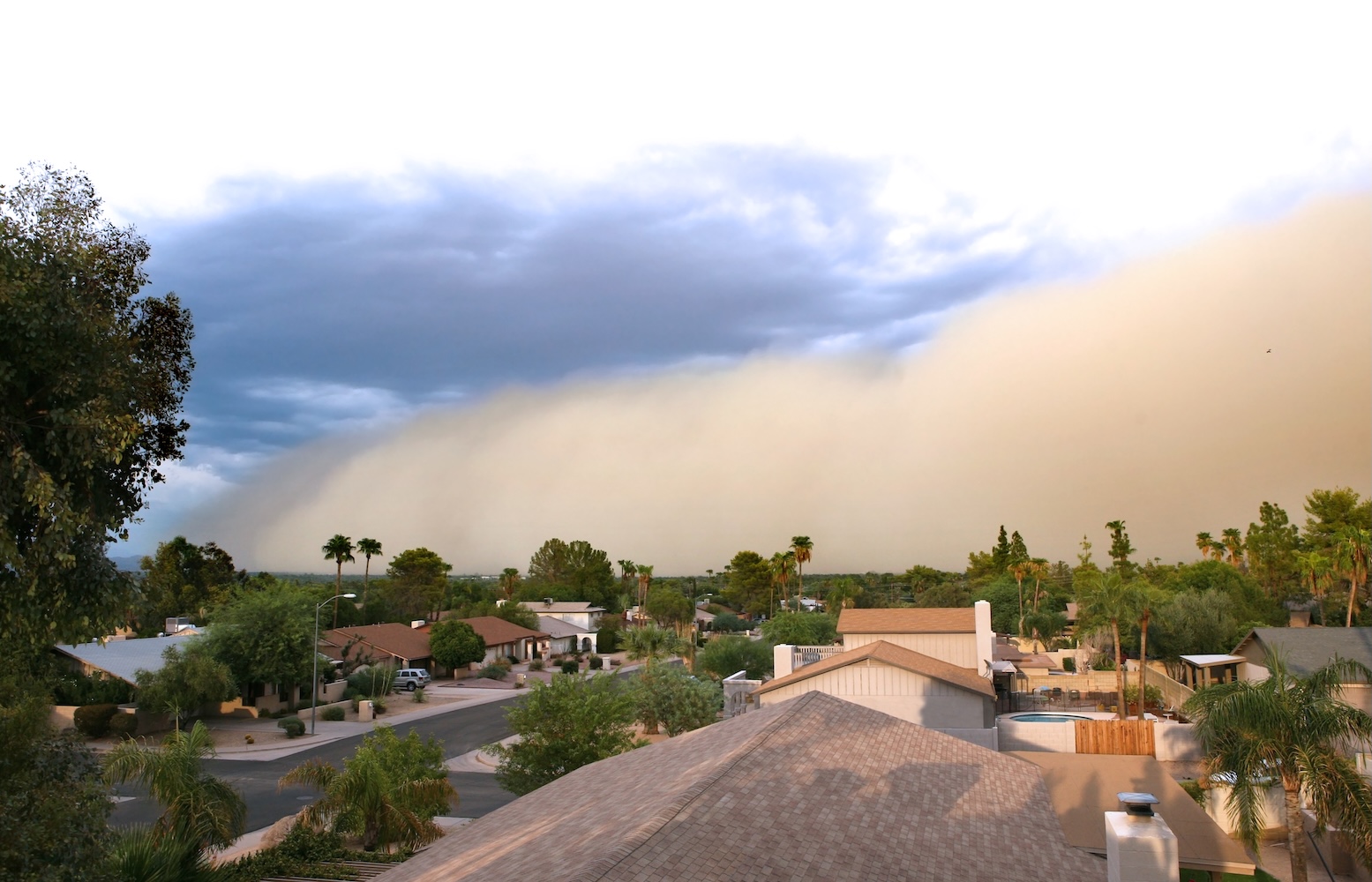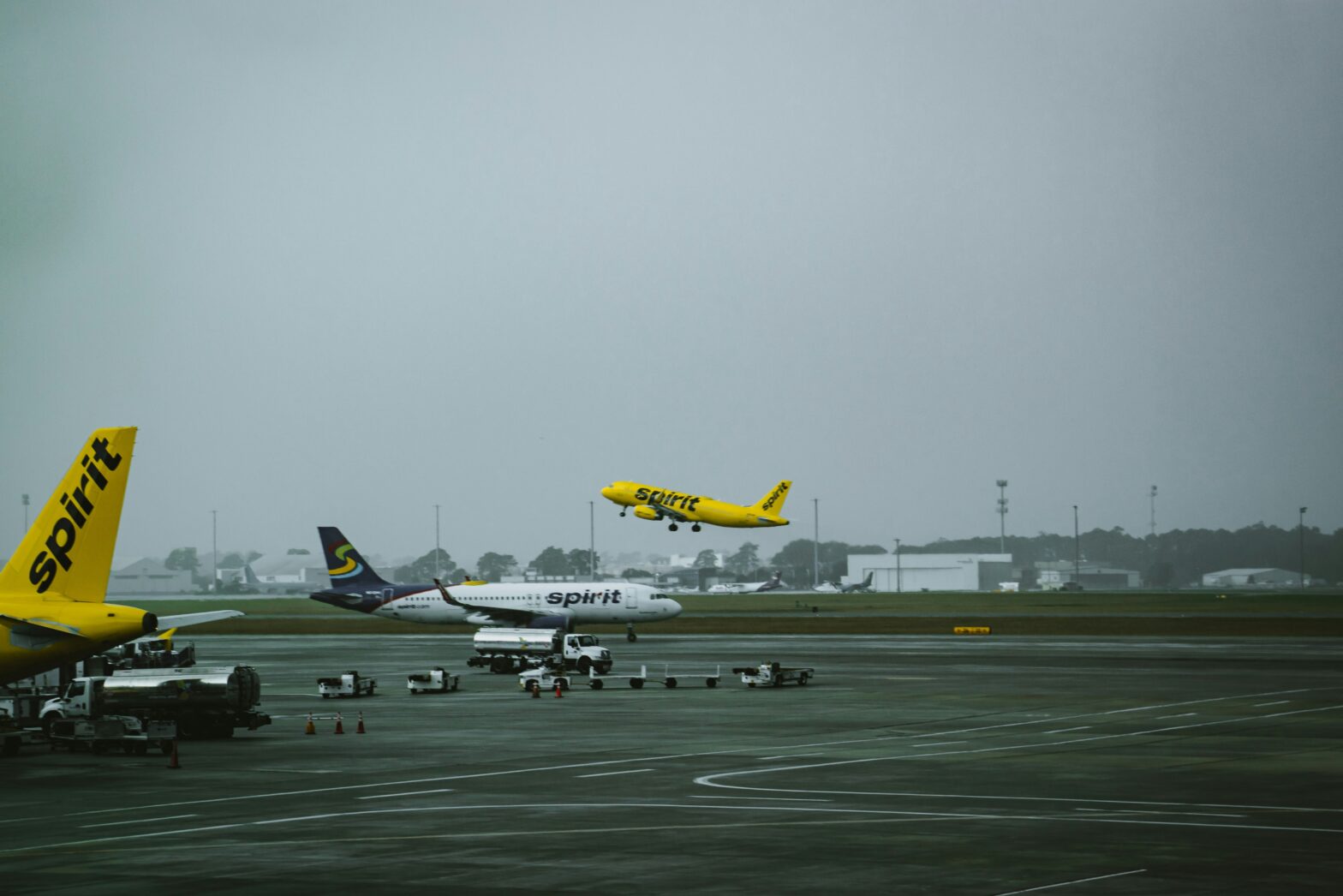Traveling to a country where you don’t speak the language can be an intimidating experience. Equip yourself with a few key phrases to make you feel more confident and to help you adjust to the new culture. Here are few places to start.
Thank you & you’re welcome
Courtesy is always appreciated. Chances are that while you are traveling, you will be relying on strangers and locals to help you get around and navigate this new country. A “thank you” in their language will garner much respect.
RELATED: 5 Things To Do Before Traveling Abroad For The First Time
Hello & Goodbye
If it’s the only part of the conversation that you speak in their language, at least you are showing that you care and that you are putting in the effort. This goes a long way.
Slower please
If you have a general grasp of the language, but you are still learning, asking a local to speak slower will be a valuable phrase to know.
How much does it cost?
Not only should you know this phrase, but you should be very knowledgeable about currency conversations when traveling abroad. Negotiating rates is customary in most countries and being educated about prices (and when you are getting ripped off) is important.

Where is the bathroom?
Just think about how many times you use this phrase back home. It’s a good one to know wherever you are traveling.
Where is… ?
Getting around a new city can be stressful. Knowing how to ask for directions in a pinch can be a life saver. It’s helpful to learn “right”, “left” and “straight” as well or else your question will be in vain.
Sorry, I don’t speak…
If you’ve nailed some of the above key phrases and find yourself in a deep conversation that is over your head, “sorry, I don’t speak…” can save you a lot of time.
I’m allergic to…
No one wants to end up in the emergency room on their vacation. Make sure you learn this phrase well if it is relevant to you.

RELATED: Expat Life: 5 Things To Consider When Choosing Where To Live Abroad
Yes & No
This is usually an easy one to pick up and a good place to start. It’s crucial to have these words in your vocabulary for navigating a new country.
Do you speak English?
When all else fails and you’ve given it your best shot, ask if they speak English (or your native language). Most foreigners will commend you for trying, but for really important conversations (medical, directions, etc.), you want to make sure you get it right.





